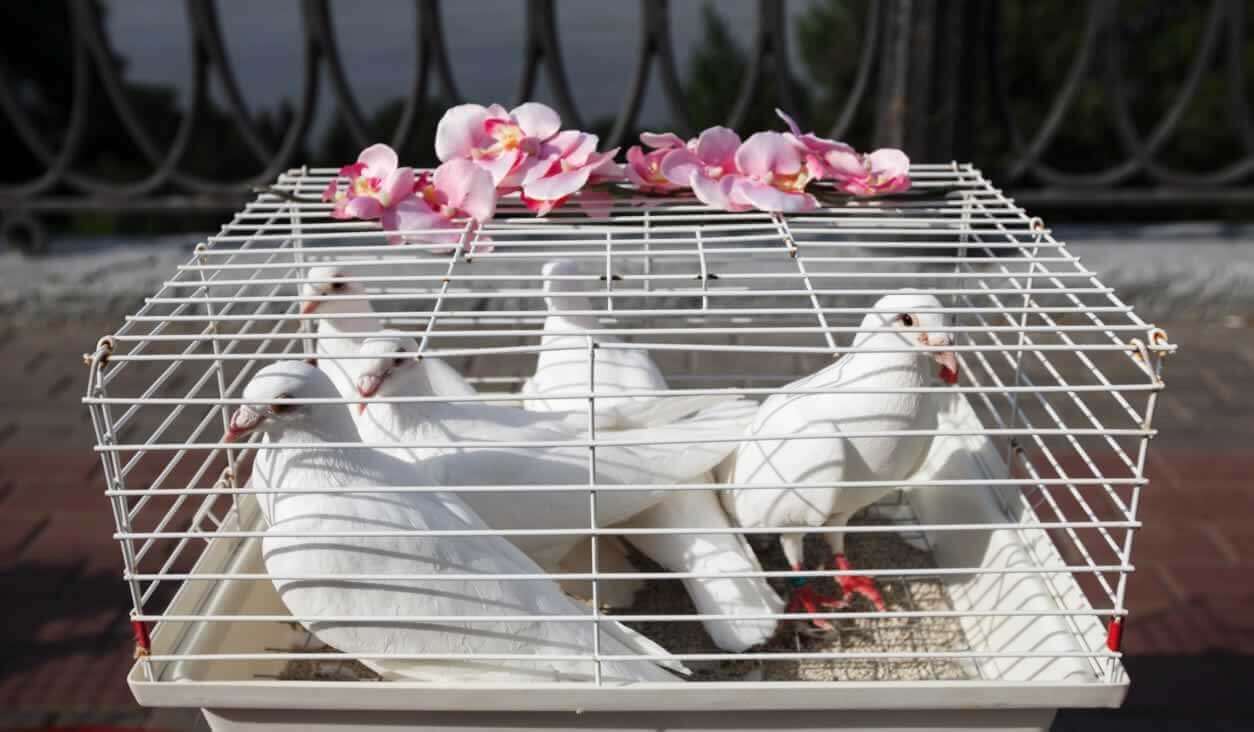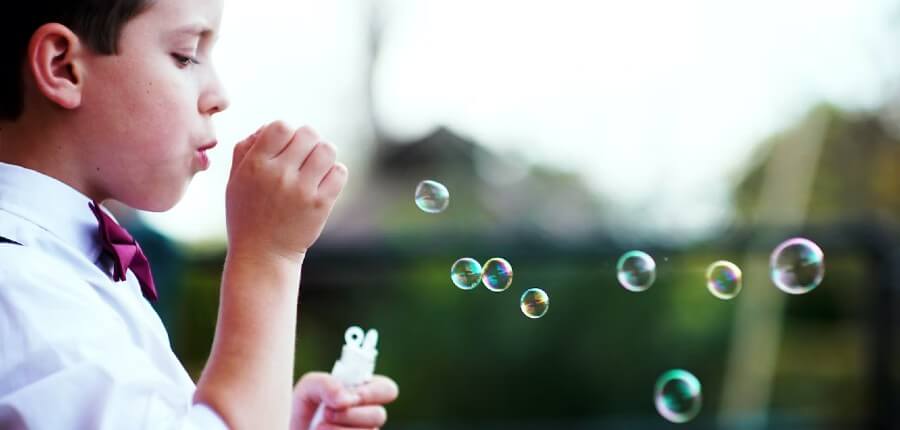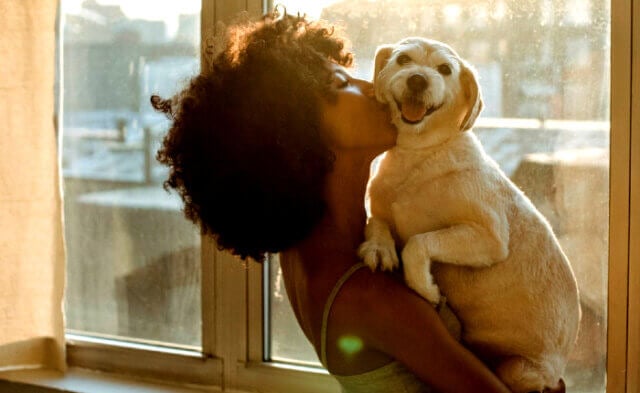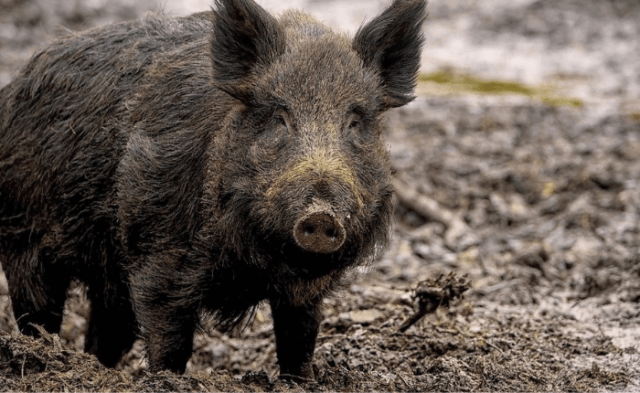What bride wants to be pelted with butterfly corpses? My neighbor told me that this harrowing scenario recently played out at her granddaughter’s wedding. As the guests filed out of the church to await the newlyweds’ grand exit, they were handed small envelopes and told to open them when the bride and groom emerged. The joyous occasion came to a screeching halt when the envelopes were opened and guests found a bunch of dead butterflies inside. These fragile insects had been purchased to use as confetti. Some feebly struggled to escape; others clearly had not survived.

It turns out that butterfly releases are a thing. Companies market these insects alongside flowers and streamers. But for the butterflies, it’s a deadly business.
They are stuffed into envelopes or tiny boxes, where they remain during shipping and right up until they are released. Many companies promise that the butterflies will be alive when they are delivered, but that only ensures that there will be a refund or “replacement” if they are dead upon arrival. There’s no way to guarantee that delicate insects shipped commercially will survive the grueling trip.
Beyond the cruelty, entomologists, biologists and environmental experts have reported concerns about butterfly releases. Shipping butterflies to areas where they are not native threatens biodiversity and may spread disease among other butterfly strains as well as among the plants they pollinate. It makes conservation nearly impossible, since an understanding of natural habitats and migratory patterns is essential to saving a species. The environment in which butterflies are released may not be appropriate for them, and many end up dying shortly afterwards.
Robert Michael Pyle, founder of the Xerces Society for Invertebrate Conservation and author of 15 books, including a field guide to butterflies, says, “[T]his activity is seldom any good for the butterflies in question: They end up being released [in] unsuitable times, places, and weather conditions, resulting in death, disorientation, or pointless flight in the absence of nectar, mates, or the right habitat.”
Pigeons, too, are exploited for party profit. Birds used as props in weddings, funerals, graduations and other services are often not actually doves but homing pigeons bred to be white. It is not possible to release these birds at ceremonies without possibly sentencing them to a painful death. These domesticated birds often fall prey to raptors and other predators, or they become disoriented and lost and succumb to starvation or extreme weather conditions.
Banded homing pigeons have been found horribly injured, suffering from malnutrition or worse. PETA’s wildlife biologists have picked up the remains of banded birds who had been attacked and killed by hawks or falcons.
Businesses that breed and rent out white pigeons for profit are exploiting them without any care for their well-being.
Pigeons are smart and personable. Brown University researchers found that they can quite easily learn to recognize each of the 26 letters of the Western alphabet. They are also models of fidelity who mate for life, and both parents are devoted to and take turns caring for their young. Pigeons are gentle beings and never hurt us, but humans often unthinkingly put them in harm’s way.
 © iStock.com/Malkovstock
© iStock.com/MalkovstockFinally, it’s time we stopped memorializing with balloons, which wreak havoc on wildlife. Animals often mistake balloon fragments for food and choke or suffocate when they try to eat them.
We live in a time filled with innovation and ingenuity. With so many creative ways to celebrate special events, like throwing flower seed bombs or blowing colorful bubbles, there’s no reason to put animals at risk.





